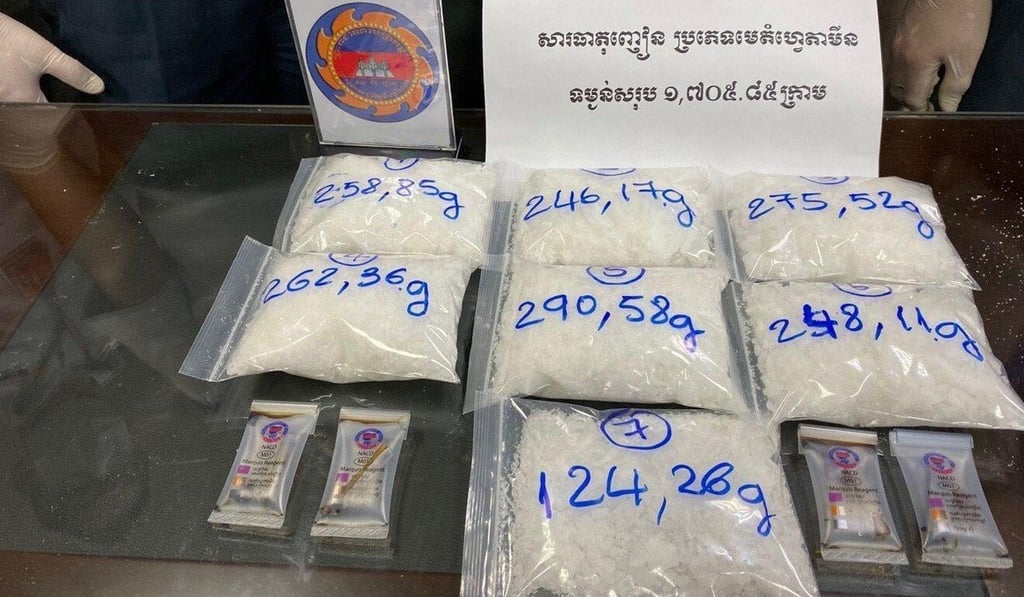Elderly drug mules: are Japan’s yakuza behind wave of arrests across Asia?
- A growing number of hard-up older people appear to be being targeted by Japan’s criminal underworld to smuggle drugs internationally
- Elderly passengers with drugs in their luggage were uncovered in China, Cambodia and Japan before the pandemic shut down air travel

During an X-ray inspection of his luggage, customs officials found 1.7kg of the drug wrapped in plastic in a suitcase.
Nonaka told investigators that he was given the package by a man living in Phnom Penh soon after his arrival in the city two days previously. Authorities say they believe the operation was the work of an organised smuggling ring.

“Japan’s underworld groups are moving into different areas to bring in income, and one of those areas is getting older people involved in smuggling,” said Nagamoto Kuroda, managing director and head of forensics and litigation consulting for FTI Consulting in Tokyo.
As well as narcotics, older people are also being convinced to smuggle gold and counterfeit pharmaceuticals because they have in the past typically attracted less attention from customs officials, Kuroda said, although authorities appear to have caught on to this tactic.